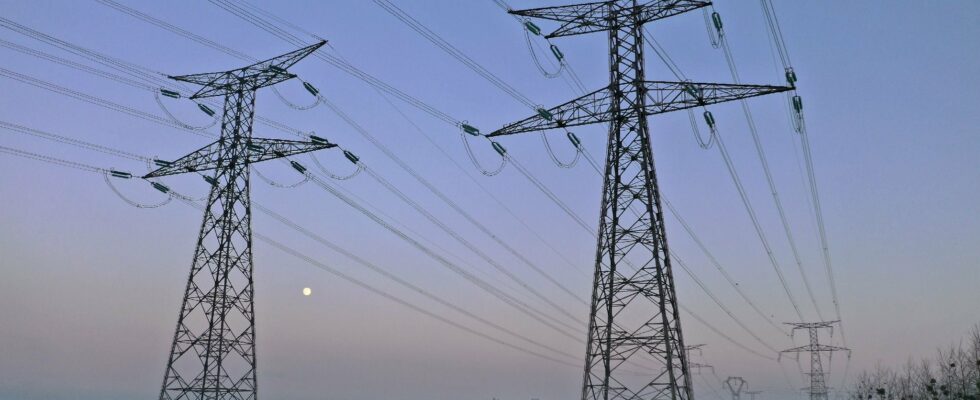We will leave it to the historians of 2050 to untangle the tangle of causes which will have led France from June 2024 to an unprecedented political situation, dramatic for sure, explosive perhaps. Presidential psyche on which even those most reluctant to invoke Freudian analyzes find themselves speculating; delusional statism which has made the French the clients of a technocratic machine which runs idle, when it does not hinder; breakdown of two crucial public services in a democracy, national education which trains enlightened citizens and justice which protects freedom by establishing responsibility; continued manipulation of public opinion by hostile powers, whether called Russia or radical Islamism… There is no shortage of explanations.
For now, what do the French say when asked about their electoral motivations? The root cause of their dissatisfaction, which emerges from all opinion surveys, can be summed up in three words: purchasing power. And, quickly, the finger is pointed at the rise in energy prices. In a crisis situation, any expert is tempted to invoke their own field of expertise to explain the situation, and the author of this column is aware of such a bias.
However, let us dare to hypothesize: among the economic causes of the current political debacle, it must be said and repeated that energy policy will have played a major role. Emmanuel Macron understood late, very late that energy is at the same time the purchasing power of the French, the attractiveness of a country, the competitiveness of its companies, the industry of all other industries in that it determines their production cost, and a territorial planning tool. He allowed himself to be poisoned by the deleterious doxa, of ecological inspiration, which had decreed that energy had to be expensive for consumption to decrease.
Nuclear power, electrification’s best ally
Let’s take the case of electricity: France, whose nuclear fleet has been depreciated, should never have seen the price of its electricity increase. Bruno Le Maire recently mentioned, during his hearing before the Senate commission of inquiry into electricity costs, the need to respect “the social body of EDF” in the conduct of French electricity policy. Does this mean that between the EDF unions and the interests of the population we chose the former? Fortunately for the French, for several months, the “EDF social body” has made the choice of purchasing power: a brief look at the nuclear electricity production curves of past months shows a radical change in the doctrine operating nuclear reactors, which produce as much as they can, with the obvious objective of lowering electricity prices on wholesale markets.
More than any fiscal manipulation on final customers’ bills, this is abundant nuclear power, likely to lower costs and attract industrialists, starting with the digital sector, which is today the best ally of the electrification of the economy, and therefore the condition sine qua non of the energy transition, going against all the Malthusian and backward-looking discourse on technology and artificial intelligence. Perhaps we will finally set ourselves, like American nuclear power, a reduction objective – yes, reduction! – the cost of production. The recent publication of the Nuclear Energy Institute, Nuclear Costs in Context, tells us that in 2022 the average cost of a nuclear megawatt hour in the United States was $30.92, or 40%. less than in 2012. It will be recalled that last November EDF and the State concluded an agreement establishing this cost at… 70 euros. All the technical differences in the world will not be enough to explain this differential.
Rather than crying over the populist vote, it is urgent to work on the cost of EDF and the cost of the delusional bureaucratization of nuclear safety. If we want reasonable governments, let’s make reasonable policies. The rest is just posturing.
*Cécile Maisonneuve is founder of the research and consulting firm Decysive.
.
